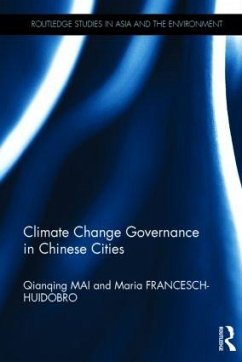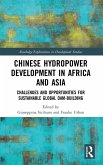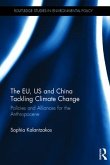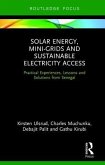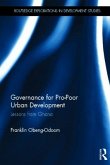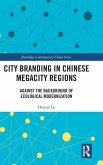In the last thirty years, China has experienced rapid economic development and urbanisation which has resulted in high levels of environmental degradation and has put considerable pressure on the country's infrastructure and natural resources. As China commits to considerably lower the carbon intensity of its economy, this volume analyses and explains the governance of climate change mitigation responses in major Chinese cities. The book focuses specifically on two highly carbon intensive sectors, buildings and transport, in Guangzhou, Shenzhen, and Hong Kong to explore how collaborative municipal networks function in practice in Chinese cities. The authors find that effective coordination relies on the political will of local administrative elites, the political significance attached to climate change issues, the legitimate authority granted to the coordinating agency, and human and financial capitals. Collaboration is hampered by limited span of network engagement, inadequate authority of the primary network participants, insufficient input and output legitimacy of the sectoral innovations, and missing linkages across functionally segregated sectors. The book concludes that the enhanced collaboration and coordination between networks that has emerged in the process of low carbon transitions is transforming the Chinese environmental state into a more pluralistic, inclusive and legitimate one. This book will be of interest to researchers and practitioners across disciplines including Chinese studies, environmental politics and policy, urban studies, and planning and geography.
Hinweis: Dieser Artikel kann nur an eine deutsche Lieferadresse ausgeliefert werden.
Hinweis: Dieser Artikel kann nur an eine deutsche Lieferadresse ausgeliefert werden.

